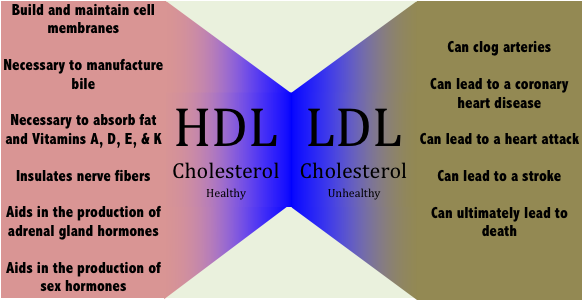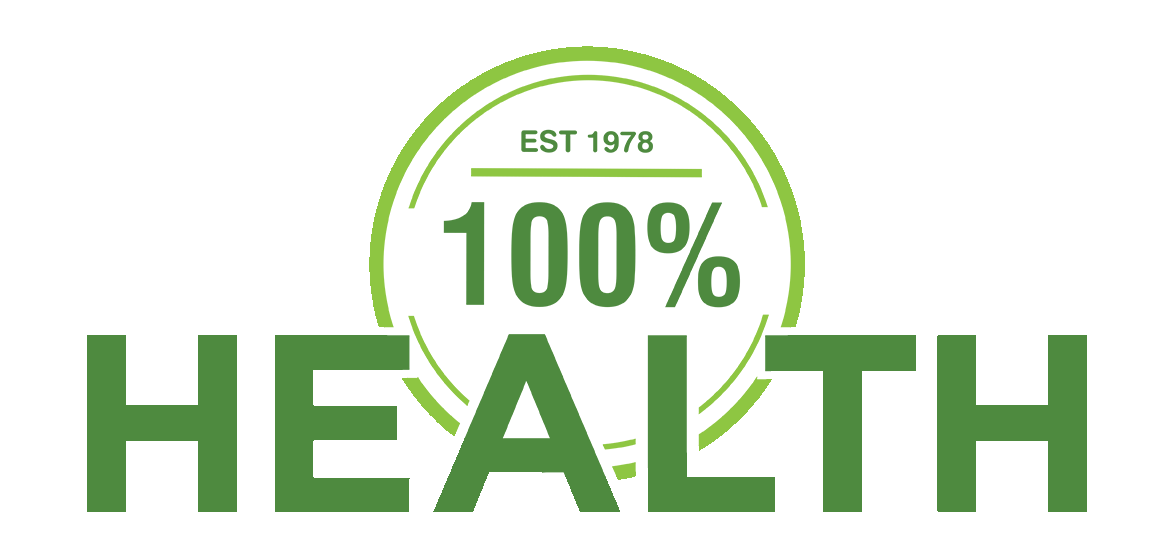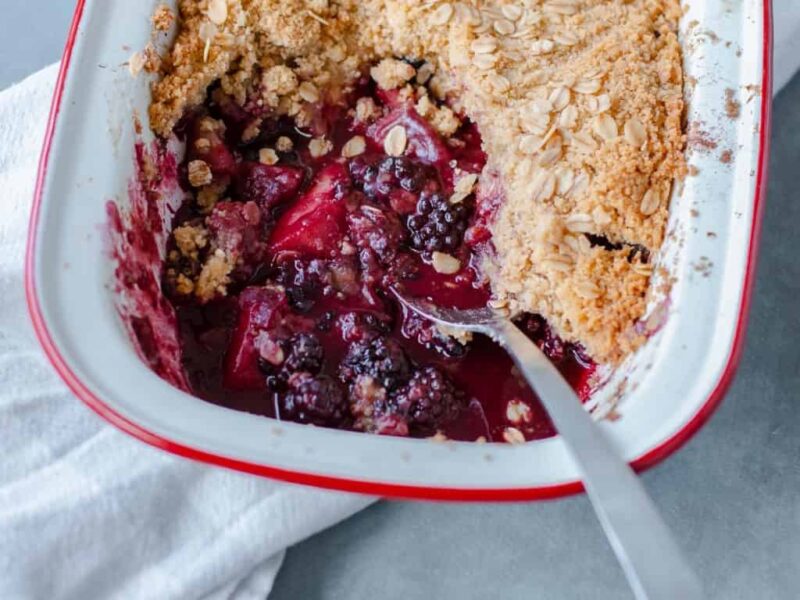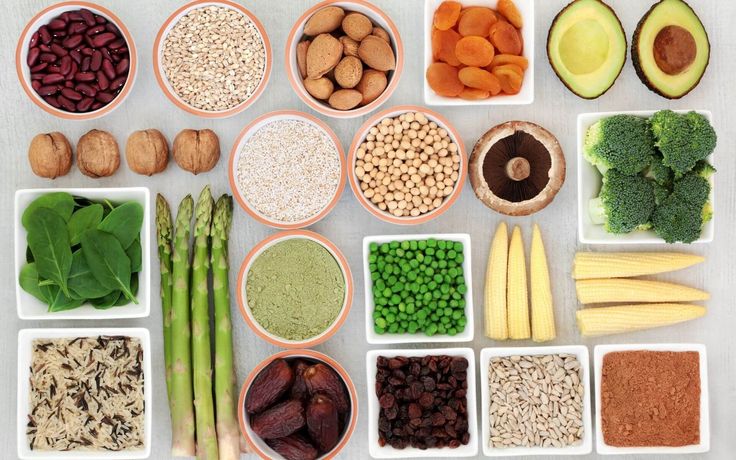
CHOLESTEROL
WHAT IS CHOLESTEROL?
Cholesterol is a lipid that plays several roles in our body, such as hormone production, digestion, cell repair and many others, but a high cholesterol level in our body is a risk marker for cardiovascular diseases. LDL cholesterol (known as “bad cholesterol”) builds up in the arteries, while HDL cholesterol (known as “good cholesterol”) eliminates excess cholesterol. Triglycerides are a type of fat that accumulates in the body when there is a sustained excess of calories ingested and are transported by LDL cholesterol.
WHAT IS LDL CHOLESTEROL?
LDL means Low Density Lipoproteins. It is commonly known as “bad” cholesterol, since a high LDL cholesterol value is associated with an accumulation of cholesterol in the blood plasma and, over time, is deposited in the wall of the arteries, causing a risk of atherosclerosis.
WHAT IS HDL CHOLESTEROL?
HDL means High Density Lipoproteins. It’s commonly known as “good” cholesterol because HDL can perform the removal of cholesterol from the arteries and transport it back to the liver for its excretion.
WHY IS IT BAD TO HAVE HIGH LEVELS OF CHOLESTEROL?
High levels of cholesterol in the blood can generate deposits that accumulate in the walls of the arteries, causing a narrowing of them in a process called atherosclerosis, which causes cardiovascular diseases. It is thought up to around 40% of the population have a high total cholesterol level.
WHAT ARE PHYTOSTEROLS?
Phytosterols are natural substances present in foods such as fruits and vegetables, which have been shown to inhibit the absorption of cholesterol in the body. They are also known as plant sterols and stanols have a similar chemical structure to cholesterol. They are thought to decrease the absorption of cholesterol in our intestine. This reduction in cholesterol absorption increases our liver’s uptake of LDL cholesterol and as a result can reduce our blood LDL cholesterol levels. They seem to have no effect on the heart-friendly
HDL cholesterol levels or triglycerides.
CAN YOU GET PHYTOSTEROLS FROM FOOD SOURCES
Some of the richest dietary sources of phytosterols include nuts, seeds, some vegetable oils, whole grains, and pulses. However, the levels of phytosterols in these sources are relatively low, averaging around 200-400 mg per 100 grams of food. A supplement such as Cardiosmile can help provide a more concentrated source with 2000 mg. per serving.



